When you think of Horror cinema a few filmmakers immediately come to mind, and, of course, George A. Romero is one of them. Considered the father of the zombie film, he is responsible for all-time classics which include 1968’s Night of the Living Dead, 1978’s Dawn of the Dead, and 1985’s Day of the Dead. Also the director of many other memorable projects throughout the decades, above being a Horror icon, Romero should first be celebrated as a pioneering independent filmmaker.
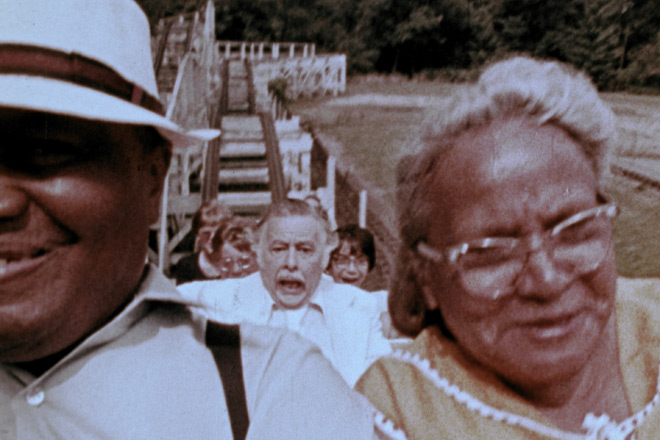
Going against the grain, he made films on his own terms but also created a family-like atmosphere with everyone involved behind the scenes. Beyond this, many would tell you that the genre of Horror was more a vehicle for Romero to convey a deeper commentary on society. Subtle in his approach, Romero invited viewers to take a closer look at who we are, the defects in our social model, and the inevitable demise of humanity. In fact, you could argue that Romero’s films created a generation of skeptics who questioned everything and felt most comfortable living on the outskirts of the mainstream.
All these factors in mind, sadly, Romero had little opportunity to create outside of the Horror world. However, unbeknownst to many, back in 1973 he was hired by the Lutheran Society to create a film to raise awareness about the mistreatment of elder people. Accepting the job, Romero completed then presented it to the society, but what did they think? Well, let us just say they were shocked and horrified by his take on the subject matter at hand. Interestingly enough, they opted to scrap the project, packed it away, and it was never seen ever again. Lost in obscurity, in 2018, a copy of the 16mm film was tracked down, restored in 4k by IndieCollect in New York City, and is now available via Shudder for streaming since June 8, 2021.
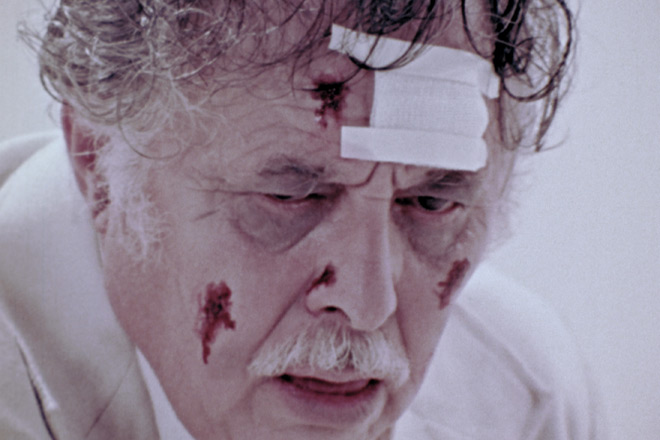
A 55 minute film, this forgotten piece of Romero’s filmography goes by the name The Amusement Park. Staring Lincoln Maazel, who is also featured in Romero’s 1977 film Martin, the rest of the cast are essentially unknown, everyday people. Really an artistically-styled documentary, Maazel leads off the film with an insightful commentary about the lack of respect elder citizens experience. From here you are launched into a film where Maazel portrays a man out for a day at an amusement park, and in his experiences he is subjected to the standard mistreatment of an elder person. Naturally, to drive the film’s point home, there is a certain level of drama interjected in order to draw your attention to behaviors many of us are oblivious to. For example, you observe the patronizing way elder people are spoken to. A sad truth, you also witness how elders are often made to feel like children, invalids, or straight-up burdens.
Harsh? Yes, but that was most likely the approach Romero was going for to create a deeper level of understanding. Furthermore, much like his other films, The Amusement Park is full of metaphors. In his masterpiece Dawn of the Dead the shopping mall represented a false sense of security and the warped, out of balance values of people. In The Amusement Park the entertainment venue mirrors the cycle of life; we are born, we live, and later on, are often unceremoniously tossed aside. In many ways we are just passengers along for the ride and society determines our fate before the next group is loaded onto the roller-coaster.
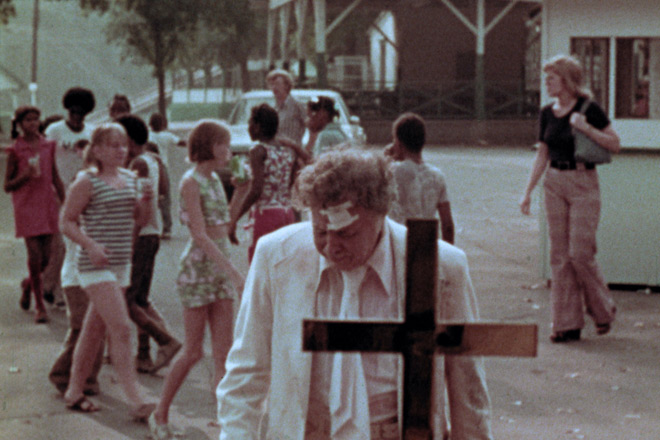
So, is The Amusement Park a Horror film? In the traditional sense of the word, no. This is a film Romero was hired to make with a specific subject matter in mind, so it really could be viewed like more of a public service announcement. That said, his creative DNA is all over it. This is evident within the filming style, the undertone of the story, and the overall thought-provoking approach to the topic of growing old.
It is a shame the Lutheran Society never actually utilized the film, as it might have raised a lot of awareness about a brutal truth. And even though the film is 45 years old, the reality is that these inequalities are still very present. We still have little respect for our elders; we egoistically think we know best and discount any older teachings. All this in mind, the most striking aspect of the whole film is its clear and precise message: one day we will all be old. Dark and realistic, Cryptic Rock gives George A. Romero’s The Amusement Park 5 out of 5 stars.
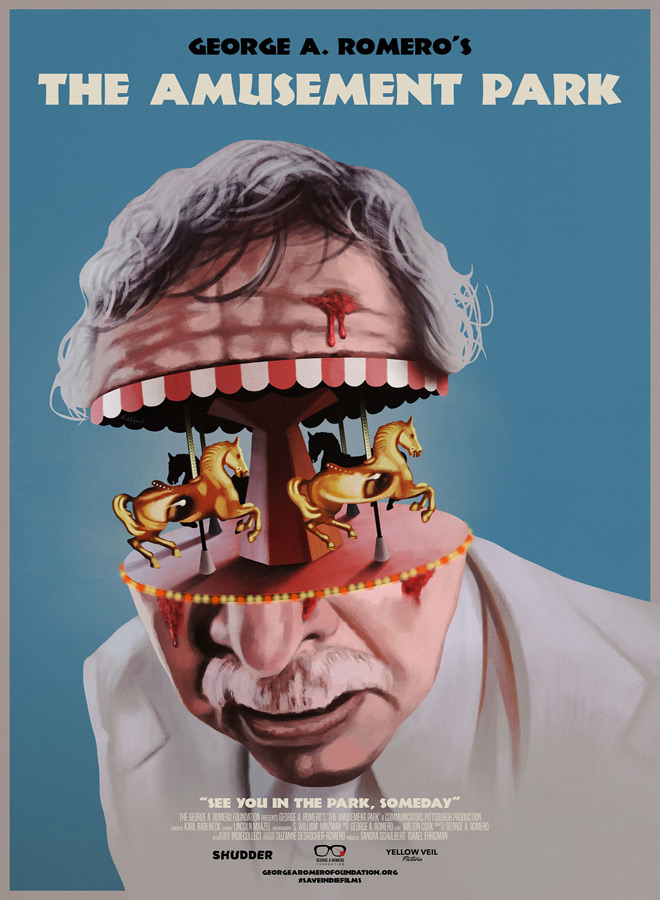
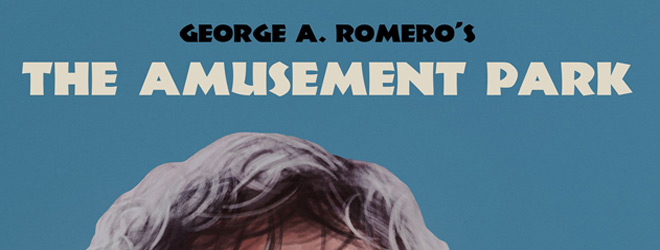
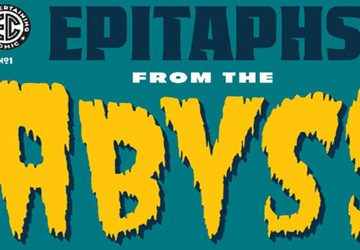
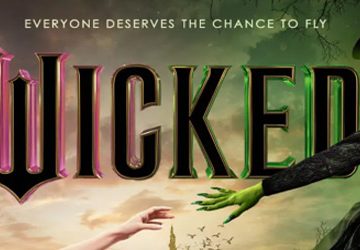


No comment